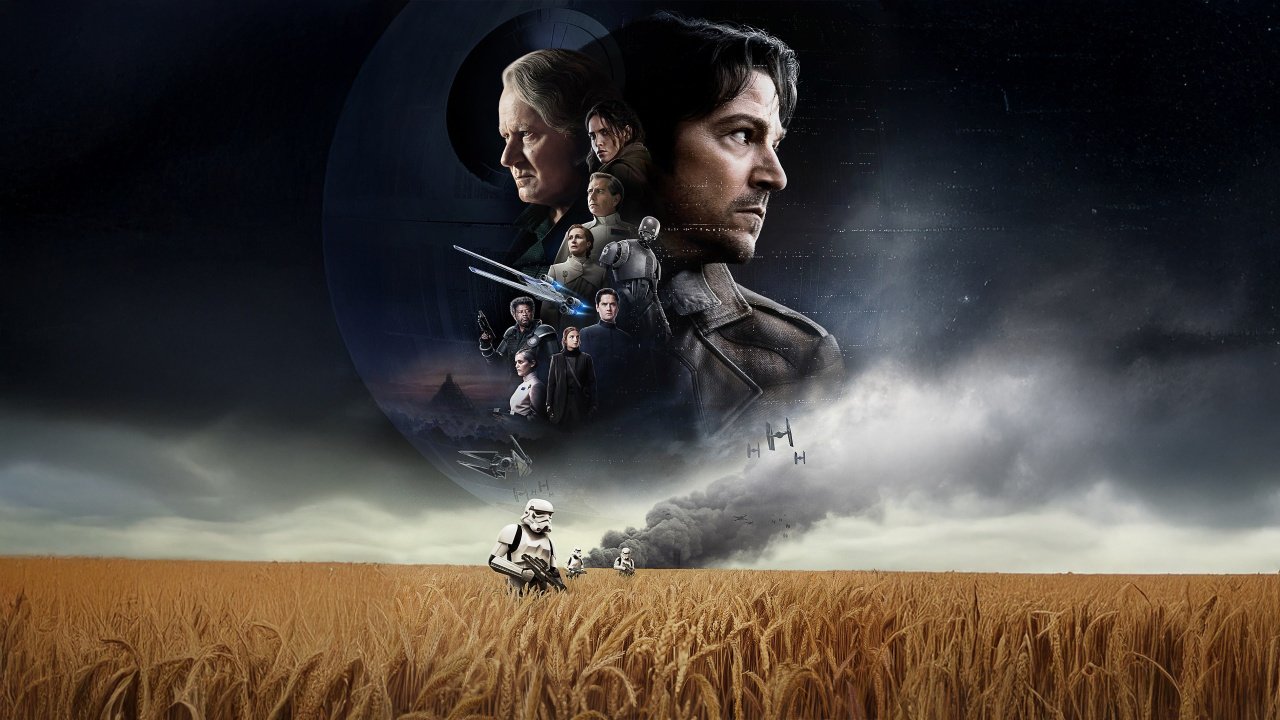
Can My Child Watch Andor, Season 2? (Episodes 1 – 3)
Jess on May 5, 2025
This guide contains spoilers for Andor and discusses challenging topics, including sexual violence. Helplines and guidance around how to stay safe when dealing with tricky content are available at the bottom of this page.
We’ve put together this watch guide to help viewers understand content they may find impactful in Andor Season 2, particularly in the first three episodes now streaming on Disney+. It unpacks key scenes to help you make an informed choice about whether this series is the right watch for you or for your whānau.
Disney+ has self-rated Andor Season 2, Episodes 1–3 as M, meaning it’s considered suitable for viewers aged 16 and older, with warnings for violence and sexual violence. That’s an important heads-up, especially for Star Wars fans who might expect a certain kind of tone based on the franchise’s past.
Andor follows Cassian Andor, a thief-turned-rebel spy, as he continues his journey towards becoming a hero of the Rebellion. But this isn’t the classic space opera style you might associate with Star Wars. It's a grittier, more grounded portrayal of life under Imperial rule, showing the realities of fear, resistance, and survival.
A scene in Episode 3 (Harvest) marks a significant shift in tone — not just for Andor, but for the Star Wars universe as a whole. In this episode, Bix Caleen, a mechanic and friend of Cassian, is attacked in her home by an Imperial officer. He makes unwanted sexual advances, corners her, and mutters threats while pushing her against the wall. Before it goes any further, she refuses, shouting “I said no,” and a violent struggle follows. Bix is dragged, thrown, and fights back desperately to escape. The officer is fatally injured in the process. Later, Bix tells a soldier, “He tried to rape me,” but he brushes it off with an abrupt “he’s dead” before raising his weapon to check the scene.
Viewers may find this scene distressing. If you’re concerned about the content, you can always skip Episode 3. It’s an option to consider if you want to avoid the depiction of sexual violence.
For many Star Wars fans — including some of us here at the Office — this scene really stands out because sexual violence has never been shown or spoken about this directly in the franchise before. While Star Wars has long explored serious themes like war, loss, and resistance, sexual harm has usually only been implied — never clearly shown or talked about on screen.
Some people have pointed to earlier moments in the franchise — like Leia’s captivity in Return of the Jedi, where she’s chained up in a bikini — as having undertones of sexual exploitation. But even then, the films didn’t spell it out or directly acknowledge it. Andor crosses that line. In Season 2, sexual violence isn’t just hinted at — it’s shown in upsetting detail and clearly named on screen for the first time in Star Wars history.
If you’ve got a young Star Wars fan in the house, are thinking of introducing them to Andor, or have already watched Season 1 and are planning to dive into Season 2 — it’s worth knowing this season is quite different. In general, Andor’s pace is slower, the story more complex, and the tone much heavier than what you might find in other parts of the franchise. The scene in Season 2 involving sexual violence may go over the heads of very young tamariki, but it’s still intense and disturbing — and certainly not what we’re used to seeing in Star Wars.
Some rangatahi might be ready for the shift in tone — others may find it distressing or simply not engaging. If your whānau is used to the action and adventure of other Star Wars shows or films, this one might land very differently.
We encourage viewers to take this into account when deciding what to watch. If you're a parent or caregiver, it’s a good idea to preview these episodes first and think about whether the material is appropriate for your tamariki or rangatahi. If you or someone you’re watching with finds the content distressing, it’s okay to step away and seek support. Sometimes being aware of what’s coming can make a big difference to your viewing experience.
If you are planning on watching something that does contain heavy themes and scenes, remember these tools to keep yourself safe.
- If it is popular, it doesn’t mean you need to watch it
- Check in with yourself and listen to how you are feeling.
- You can take breaks or stop watching if you need a breather - the movie or series isn’t going anywhere.
Helplines:
Sexual violence themes could be upsetting for some viewers, especially for those who have gone through similar experiences. If you are struggling with what you have seen on-screen please reach out for help. If you or someone you know needs to talk:
- In an emergency, if someone needs urgent help, call the Police on 111.
- Are You OK? — free and confidential 24/7 support.
- Safe to Talk — free and confidential helpline for support and information about sexual violence.
- Women’s Refuge — 24-hour advocacy and accommodation for women and their children experiencing family violence.
- Change is Possible — anonymous 24/7 help for men using violence or concerned about their behaviour.
- Need to Talk? — for people feeling stressed, down, or overwhelmed.
- Shakti — free 24/7 multi-lingual crisis-line for migrant and refugee women.
Further reading:
- When trauma is involved, there are no spoilers (Blog)
- Staying safe when your parenting downtime gets hijacked by tough storylines (Blog)
- For more information about ratings and content warnings for films and series in the Star Wars franchise, visit our Find a Rating tool
Subscribe to our blog
Stay up to date with the Classification Office blog.


